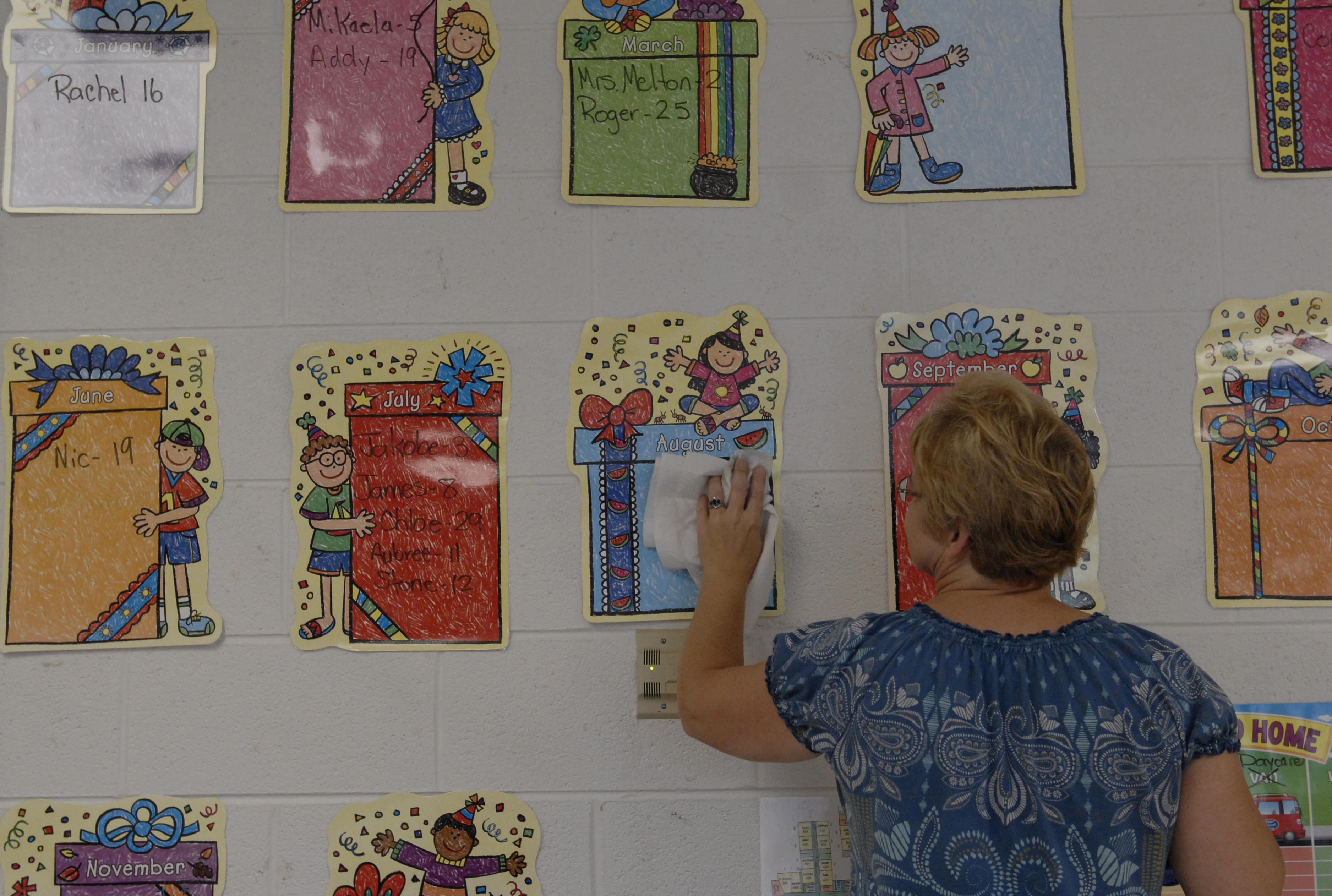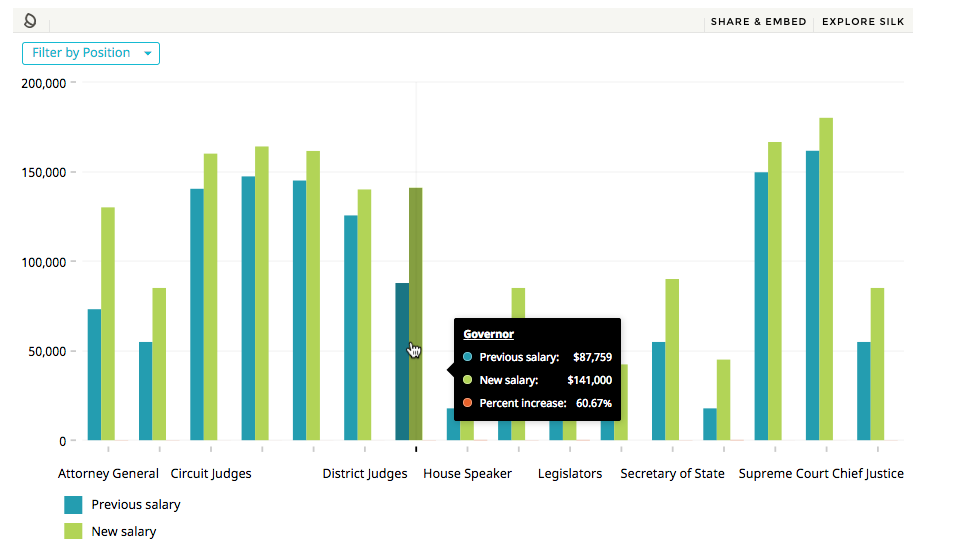VIDEO
This story is featured in today's TimesFreePress newscast.
NO GOOD OPTIONS* Catoosa: Considering property tax increase; vote expected Tuesday* Dade County: Considering property tax increase; hearing scheduled Monday* Walker County: Cutting teachers, aidesSource: Staff and wire reports
When school starts next month, Walker County Schools will operate shy of some 50 employees - the victims of the most recent rounds of budget cuts.
In an effort to cope with state funding cuts and rising health insurance and retirement costs, the district axed 28 teachers and 24 support staff members. That's on top of the 50 or so teachers cut the year before -- and the eight days of furlough staffers absorbed this year and last.
Walker County Schools leaders are in the same pinch as many other school systems in North Georgia and across the state.
As North Georgia school systems wrap up their budget seasons, many face a painful dilemma: raise taxes or cut people.
Both of those are increasingly becoming tough to swallow. Raising taxes is usually a last resort, but Georgia school systems, which have collectively lost more than $5 billion in funding from state austerity cuts since 2003, say they're running out of options.
"When you look at doing a budget, there are only two ways you can go," said Dade County Superintendent Shawn Tobin. "You either cut your staff to the bare bones or you start raising millage [property tax] rates."
Both Dade and Catoosa county school systems are looking at increasing taxes for the coming year after having reached a tipping point on cuts.
Dade will ask for a 1.25 mill increase from its current rate of 13.92 -- one of the lowest in North Georgia.
Dade County has already cut teachers, shortened the school year, axed its drivers education program and closed its alternative school. But state-mandated increases in insurance and retirement costs have put the district in another tight budget cycle, not to mention a $1.5 million austerity cut from the state.
"We're going to lose money even though we're raising taxes," Tobin said.
But these cuts don't just affect the bottom line. Fewer teachers means larger class sizes. And with such budgetary constraints, the state has offered classroom size waivers to districts, allowing them to top state-mandated maximum classroom sizes.
Walker County's waiver allows it to put an additional 8 students in each classroom over the state maximum. For grades four through eight, that means classes can increase from 28 students to 36.
"For us we had to push that as far as we could push it, which helped us with balancing the budget," said Superintendent Damon Raines.
"It's not the best thing for the kids, because with more kids in the classroom there's obviously issues there. But it was a way to balance the budget. And then you don't have to increase the millage rate," he said.
If the budget situation doesn't improve, Raines said the system would have to consider a hike in property tax rates or look at slashing whole programs in schools or outsourcing some jobs.
"We've cut about as close as you can possibly cut witout considering other options," he said.
Next door, Catoosa County will ask for a tax increase, after officials say they've exhausted many other routes of cost savings.
The school board is considering a 1.95 mill increase on its current millage rate of 16.763, pushing Catoosa near the state-maximum of 20 mills for school property taxes.
Catoosa has already increased class sizes, dipped into reserve funds, reduced staff levels and furloughed employees. The county will lose another 35 employees through attrition and continue five days of furlough in the coming school year.
"Obviously a millage rate increae was not the first thing that was considered," said system spokeswoman Marissa Brower. "We have done everything we could to avoid a millage rate increase up to this point."
Contact staff writer Kevin Hardy at khardy@timesfreepress.com or 423-757-6249.


